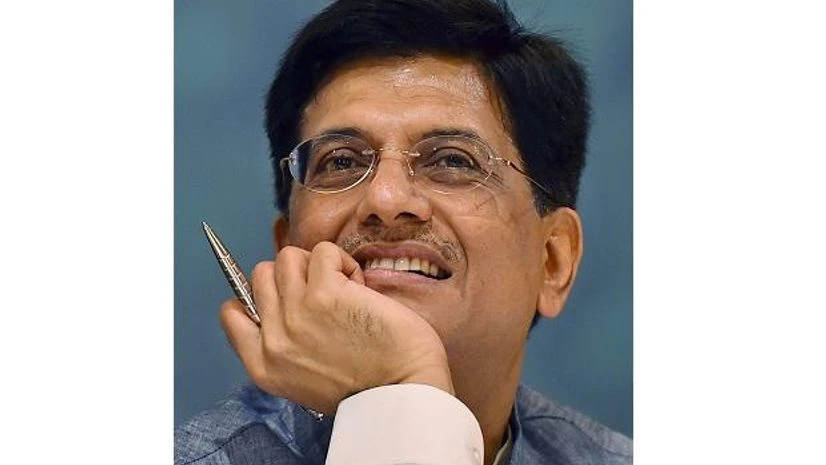Finance Minister Piyush Goyal will meet heads of 13 public sectors banks (PSBs) on Tuesday to resolve various issues concerning them.
According to sources, the meeting is being organised by State Bank of India (SBI) and will be chaired by Goyal here.
In all heads of 13 PSBs will participate in the meeting to discuss the way forward for the Indian Banking system, they said.
The meeting will see participation from PNB, Oriental Bank of Commerce, Punjab and Sind Bank, Uco Bank, United Bank of India and Allahabad Bank.
Besides, Managing Director of Bank of Maharashtra, Andhra Bank, Canara Bank, Indian Bank and Vijaya Bank would be present in the meeting.
This is the first meeting with the heads of the PSBs after their annual financial result for 2017-18. Most of the banks posted loss in the fourth quarter of the last fiscal.
More From This Section
These banks are headquartered in the east, south and northern regions.
The Nirav Modi fraud-hit Punjab National Bank alone posted a loss of Rs 134.16 billion for the quarter ended March 31, the largest ever quarterly loss by a bank.
PNB provided for Rs 71.78 billion, 50 per cent of the total amount of Rs 143.56 billion liability with regard to Nirav Modi fraud, in the fourth quarter of 2017-18. The remaining amount will be covered in the three quarters of the current fiscal year.
It is followed by the country's largest lender SBI posting Rs 77.18 billion loss for the January-March period, more than twice the Rs 34.42-billion loss reported for fourth quarter of the previous fiscal.
The jump in losses follows Rs 240.8-billion kept for provision towards bad loans after the RBI scrapped all loan restructuring schemes. The banks also had to make a Rs 47.61-billion provision towards depreciation in the value of its bond portfolio.
Besides, almost all banks reported increase in non-performing assets due to February 12 guidelines of the Reserve Bank of India (RBI).
The new guidelines have specified framework for early identification and reporting of stressed assets.
As per the revised guidelines, the banks will be required to identify incipient stress in loan accounts, immediately on default, by classifying stressed assets as special mention accounts (SMA) depending upon the period of default.
All lenders will be required to put in place Board- approved policies for resolution of stressed assets under this framework, including the timelines for resolution, it had said, adding, "As soon as there is a default in the borrower account with any lender, all lenders - singly or jointly - shall initiate steps to cure the default".
ALSO READ: Govt will meet fiscal deficit target of 3.3% this year: Piyush Goyal
In addition, sources said, the issues concerning banks which are under Prompt Corrective Action framework of RBI would also be discussed.
Out of 11 PCA banks, 6 from these regions are part of the framework.
The 11 banks on the RBI's watchlist are Allahabad Bank, United Bank of India, Corporation Bank, IDBI Bank, UCO Bank, Bank of India, Central Bank of India, Indian Overseas Bank, Oriental Bank of Commerce, Dena Bank and Bank of Maharashtra.
Together, these banks accounted for Rs 523.11 billion of the Rs 881.39-billion capital infusion plan (through bonds and budgetary support) announced by the government for 2017-18.
As per the revised PCA guidelines released last year, if a bank enters Risk Threshold 3, it may be a candidate for amalgamation, reconstruction or even be wound up.
Among the many metrics that are used to gauge how weak a lender are capital, net NPAs, RoA and Tier 1 leverage ratio etc.
Under the PCA, banks face restrictions on distributing dividends and remitting profits. The owner may be asked to infuse capital into the lender.
That apart, lenders will also be stopped from expanding their branch networks. It would need to maintain higher provisions, and management compensation and directors' fees would be capped.

)
